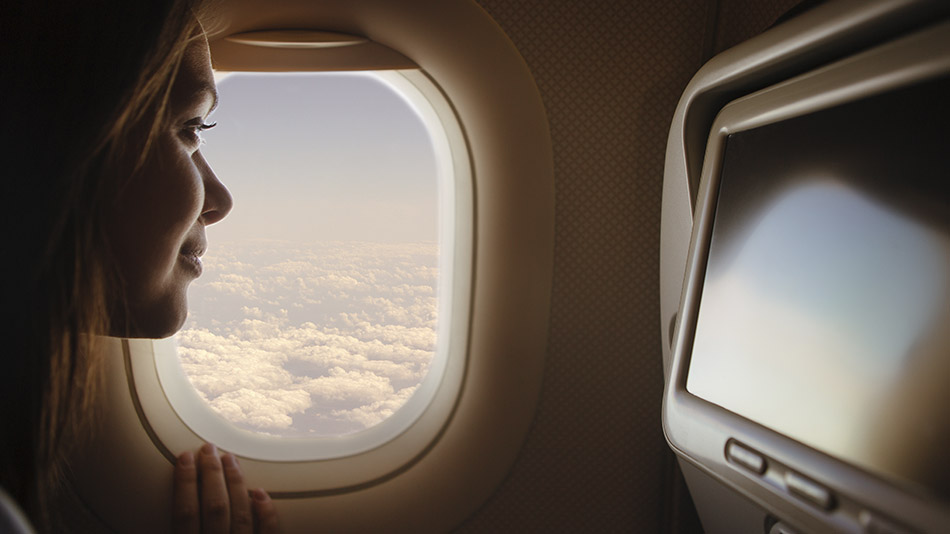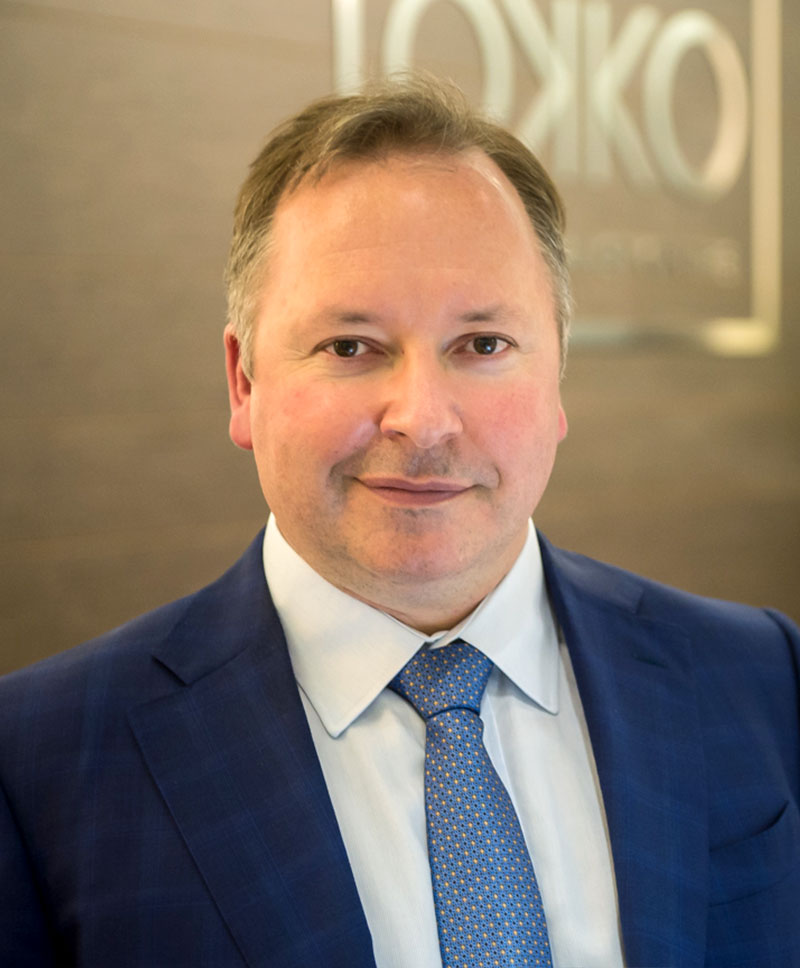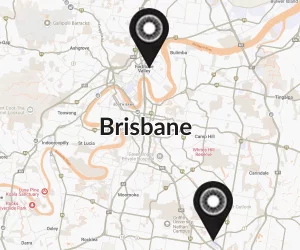
Can you fly after LASIK surgery?
If you’re considering LASIK surgery, one question you might have is whether it’s safe to fly shortly after the procedure. Many people have busy schedules that include travel, and understanding the implications of flying post-surgery is essential. Let’s explore the guidelines, recommendations, and what you need to know about flying after LASIK surgery.
What is LASIK Surgery?
LASIK (Laser-Assisted In Situ Keratomileusis) is a popular procedure to correct vision problems such as myopia (short-sightedness), hyperopia (long-sightedness), and astigmatism. During the procedure, an ophthalmologist uses a laser to create a thin flap in the cornea, reshapes the underlying tissue, and then repositions the flap. The surgery is quick, typically taking about 15 minutes per eye1Probst, The Optimization of LASIK, International Ophthalmology Clinics 48(1):p 9-16, Winter 2008. https://journals.lww.com/internat-ophthalmology/citation/2008/04810/the_optimization_of_lasik.5.aspx, and most patients experience significant improvement in vision within a few days.
Immediate Post-Surgery Considerations
After LASIK surgery, your eyes need time to heal and adjust. The first 12 to 24 hours2Probst, The Optimization of LASIK, International Ophthalmology Clinics 48(1):p 9-16, Winter 2008. https://journals.lww.com/internat-ophthalmology/citation/2008/04810/the_optimization_of_lasik.5.aspx are crucial for recovery, and you will likely be advised to rest and avoid strenuous activities. It’s normal to experience some discomfort, dryness, and blurred vision during this initial healing phase. Your surgeon will provide specific post-operative care instructions to promote healing and reduce the risk of complications.
Flying after LASIK: Is it safe?
The good news is that flying after LASIK surgery is generally safe. However, there are some important considerations and guidelines to follow:
- Wait Time: Most surgeons recommend waiting at least 24 to 48 hours before flying. This waiting period allows your eyes to begin the healing process and reduces the risk of complications.
- Dry Eye Symptoms: Airplane cabins have low humidity, which can exacerbate dry eye symptoms. Since dry eyes are a common side effect of LASIK, it’s important to use lubricating eye drops as prescribed by your surgeon. Keep these drops handy during your flight to maintain comfort.
- Follow-Up Appointments: Post-operative care includes follow-up appointments to monitor your healing progress. It’s crucial to attend these appointments as scheduled. If you need to travel, try to schedule your follow-up visits around your travel plans or arrange to see a local ophthalmologist if you’re travelling for an extended period.
- Avoid Touching Your Eyes: During flights, avoid rubbing or touching your eyes. Your eyes will be more sensitive after LASIK, and touching them can increase the risk of infection or dislodging the corneal flap.
Tips for flying after LASIK
If you need to fly shortly after LASIK surgery, here are some tips to ensure a comfortable and safe journey:
- Use Eye Drops: Keep lubricating eye drops3Alexandre Xavier da Costa, A.X. et al. (2021) Eye drop performance at high altitude: An ‘in-flight’ problem, Eye (London, England). with you to combat the dry air in the cabin.
- Stay Hydrated: Drink plenty of water to stay hydrated, which can help reduce dryness.
- Wear Sunglasses: Protect your eyes from bright lights and UV rays by wearing sunglasses, especially if you’ll be spending time outside the airport.
- Take Breaks: If you’re on a long flight, take breaks to close your eyes and rest. This can help reduce strain and promote healing.
- Follow Post-Op Instructions: Adhere to all post-operative care instructions provided by your surgeon to ensure the best possible recovery.
When to seek medical advice
If you experience any unusual symptoms such as severe pain, sudden vision changes, or signs of infection while travelling, seek medical attention immediately. It’s essential to address any concerns promptly to avoid complications.
Flying after LASIK surgery is generally safe with proper precautions.4Saragoussi JJ, Djadi-Prat J, Lebuisson DA, et al. Quality of life after LASIK: part II. Quality of life and satisfaction of a population of patients treated with LASIK [in French]. J Fr Ophtalmol. 2011;34:294–302. By waiting 24 to 48 hours, using lubricating eye drops, and following your surgeon’s post-operative care instructions, you can minimise discomfort and ensure a smooth recovery. If you’re considering LASIK and have travel plans, discuss your schedule with your surgeon to get personalised advice.
Take the first step
Ready to explore the benefits of LASIK and see if it’s the right option for you? Take our self-test today to find out if you’re a good candidate. Our team at our refractive clinic in Brisbane is here to guide you through the process and answer any questions you may have. Don’t wait—start your journey to clearer vision now!
ARE YOU SUITABLE?
Check your laser eye surgery suitability online with our free LASIK self-test
OUR MOST POPULAR PROCEDURES

Hi, I’m Dr. Matthew Russell, a laser and cataract surgeon
HI I’M DR. MATTHEW RUSSELL A LASER EYE AND CATARACT SURGEON
With over 15 years of experience, I enjoy the privilege of helping patients of all ages reclaim clear vision or preserve it for as long as possible.
Vision correction and high-precision cataract surgery hinge on the expertise and skill set of the provider who also has access to the most precise tools for the job. Ophthalmic surgeons like me know how to make treatment safe, comfortable and positive for the patient. They know how to minimise the risk of complications and maximise successful outcomes.
I have a passion for helping my patients enjoy the clear, high-definition vision they need to live rich and active lives. Now, I have hand-picked a team of professionals that share my passion and commitment to exceptional care.
Dr. Matthew Russell
MBChB, FRANZCO





